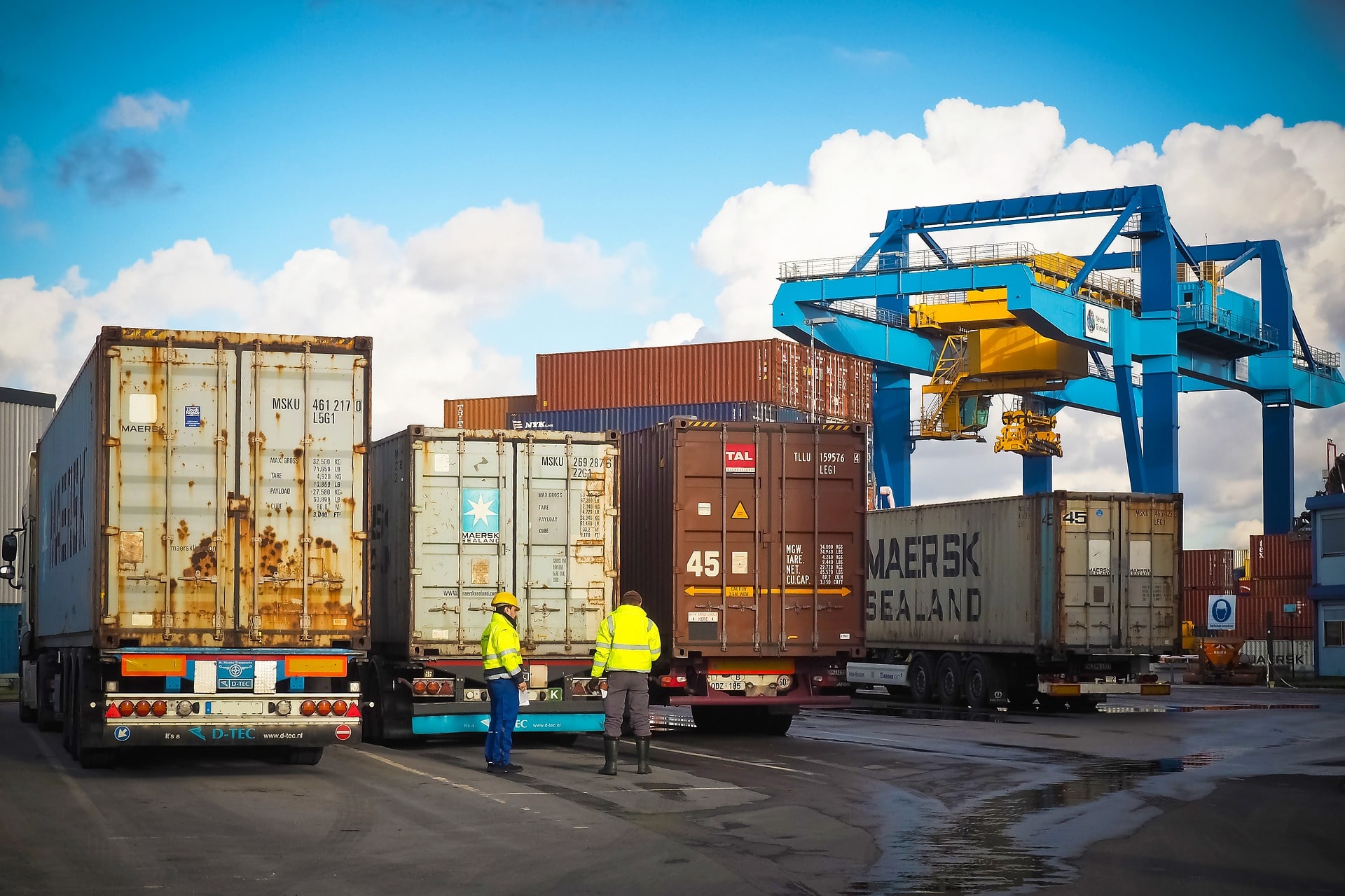The supply chain of any company dedicated to the commercialization of products could not be understood without the participation, to a greater or lesser extent, of a logistics operator. He will be in charge of designing, implementing and maintaining one, several or all the key areas of this supply cycle, which must culminate at the end with the delivery of the good to the customer and his total satisfaction after the purchase.
In the following article we will tell you what this figure is and what functions he performs on a daily basis to carry out his activity.
What is a logistics operator?
Logistics operators, sometimes referred to as logistics providers, are key players in national and international trade activities. As such, they contribute greatly to the business success of companies engaged in this trade, particularly in helping them to gain a competitive advantage. These take many different forms and go by different names, but they all have the same objective: to assist companies involved in the transport, storage, shipping and distribution of goods from seller to buyer.
In other words, your goal should be none other than to try to reduce costs and lead times, while increasing simplicity and speed in this particular area of your organization. If your business activity is growing and you are overwhelmed by the logistical aspects of your business, the best option is to leave them in the hands of specialists. The idea is to outsource this process so that it is carried out much more efficiently, allowing you to focus on other key points of your business.

Main functions of logistics operators
A logistics operator is primarily responsible for directing and supervising the transportation and distribution of supplies, ensuring the efficiency of supply chain operations. Let’s take a closer look at each of their functions depending on the phase in which they provide their services:
Order processing
Order preparation is the first stage of the entire process. It includes activities related to order preparation, transmission, order entry and fulfillment, as well as a specific and detailed order report.
Material handling
Material handling is known as unloading and goods receipt. In this phase, the logistics operator must be responsible for ensuring the smooth movement of materials and/or products from one place to another. It is essential to have flawless management and control for the process to be carried out successfully and efficiently. You must also choose the transport that best suits your company’s needs.
Product packaging
In this part of the process, the form of protection to be given to the product is chosen, i.e., the packaging to be used to transport the order from one place to another without damaging it. This process is known as picking and packing.
Order transport
Order transport is one of the most important phases. For this, either a single means of transport or all available means of transport can be used, depending on the distance to be covered, among others. This is also where the choice of a specific transport route comes into play, since the aim is to achieve maximum savings in transport costs and, consequently, to ensure that these are not reflected in the final price.
Storage of materials
Companies not only seek the help of logistics operators for transport services, but also for their stock management, i.e. for the logistical storage of their products before or between shipments, and for cataloging and tracking their stocks until they are delivered. This requires not only storage space (the warehouse itself), but also a reliable and efficient cataloging and tracking system.
Inventory control
The inventory control and stock management phase encompasses the management of the inventory itself, the recording of quantities, as well as the location of products. The best option is to have a management software that helps us to be efficient and to be able to solve any doubt almost instantly.
Why hire a logistics operator?
The most obvious advantage of contracting a logistics operator is the cost savings, either in the form of capital or time, by eliminating the need to build additional and costly infrastructure. Also, due to the volume of goods they deal with, they have access to better prices and therefore cheaper transport services can be chosen. Efficiency is also another great advantage that logistics operators offer us thanks to automation processes and specialized technologies, which in turn allow for increased performance.
As you can see, hiring a logistics operator only offers advantages and benefits to an organization. And you, are you joining the bandwagon?


